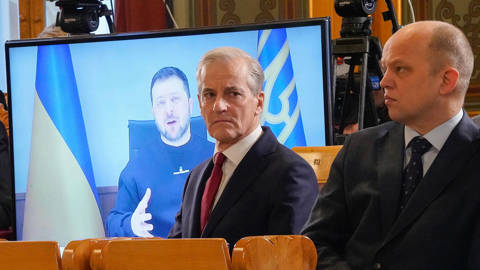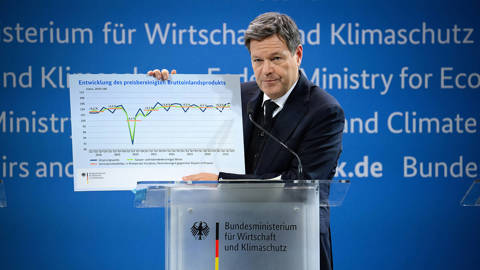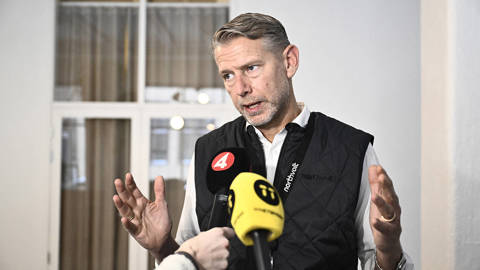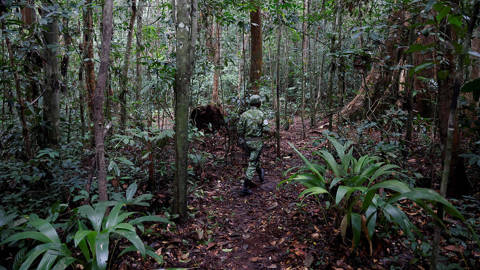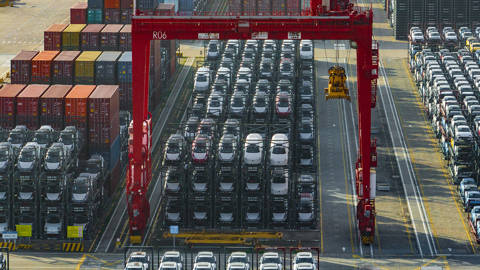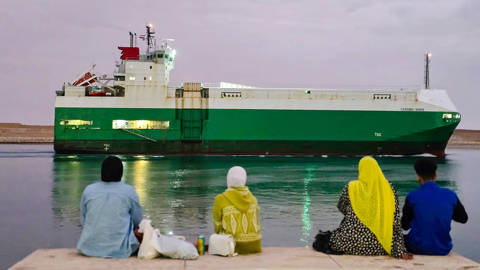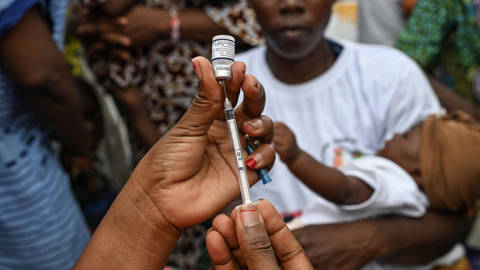Landry Signé
Landry Signé, Professor and Executive Director at the Thunderbird School of Global Management in Washington, DC, is a senior fellow at the Brookings Institution, a distinguished fellow at Stanford University, and Co-Chair of the World Economic Forum’s Regional Action Group for Africa.
-
A Year of Opportunity for Africa
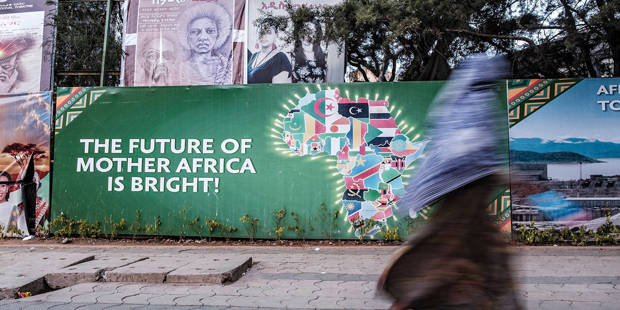
A Year of Opportunity for Africa
Jan 13, 2023 Landry Signé proposes several steps governments across the continent can take to ensure a sustainable future.
-
The Key to Unlocking Africa’s Economic Potential
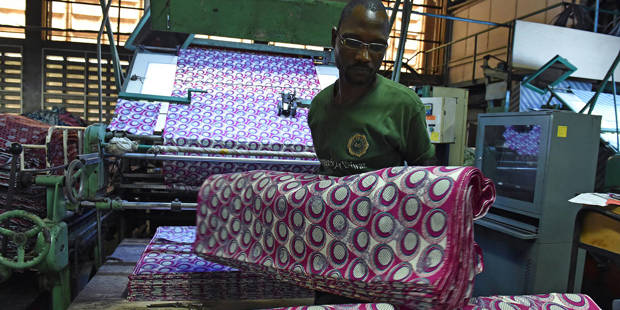
The Key to Unlocking Africa’s Economic Potential
Sep 23, 2022 Landry Signé explains why fostering trade integration and regional value chains is essential for the continent to prosper.
-
The Anatomy of Technology Regulation

The Anatomy of Technology Regulation
Feb 9, 2022 Nicholas Davis, et al. outline the factors contributing to policy divergence across otherwise similar countries.
-
Digitalizing Africa's Mines
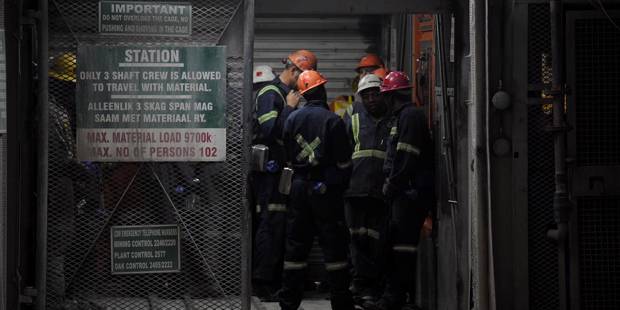
Digitalizing Africa's Mines
Nov 23, 2021 Landry Signé has high hopes for the changes the Fourth Industrial Revolution can bring to Africa’s natural-resource sector.
-
Africa Must Produce Its Own Vaccines
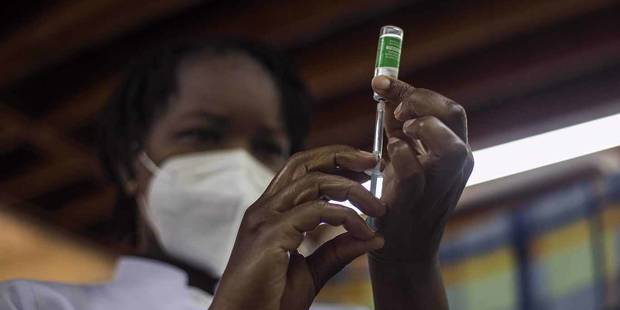
Africa Must Produce Its Own Vaccines
Sep 1, 2021 Landry Signé touts multilateral efforts to enable the continent to avoid future shortages of key pharmaceutical products.

